All Formats & Editions
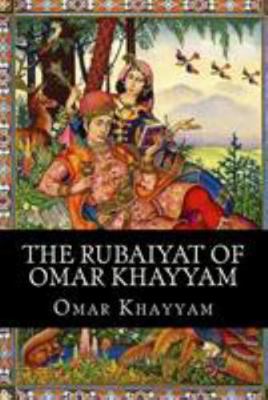
The Rubaiyat of Omar Khayyam
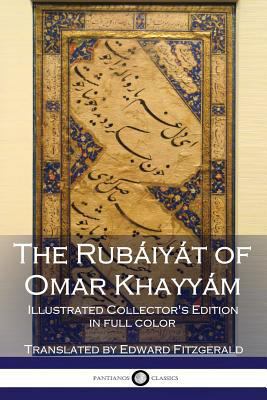
The Rub?iy?t of Omar Khayy?m: Illustrated Colle...

Rubáiyát of Omar Khayyám
A new, beautifully laid-out edition of Edward Fitzgerald's first version of the Rub?iy?t of Omar Khayy?m, as originally published in 1859.

Rubáiyát of Omar Khayyám

The Ruba'iyat of Omar Khayyam (Penguin Classics)
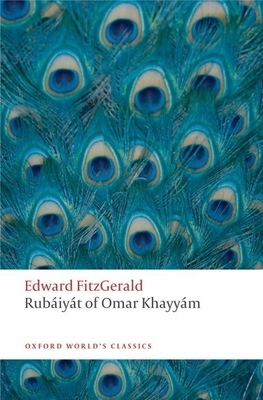
Rubáiyát of Omar Khayyám
In 1859, Edward FitzGerald translated into English the short, epigrammatic poems (or "rub iy t") of medieval Persian poet Omar Khayy m. If not a true translation--his Omar seems to have read Shakespeare and the King James Bible--the poem nevertheless conveyed some of the most...

Rubaiyat of Omar Khayyam (Deluxe Edition in Sli...

Rubaiyat of Omar Khayyam (100 Greatest Books Ev...
![Rubaiyat of Omar Khayyam [Persian] 1784350699 Book Cover](https://i.thriftbooks.com/api/imagehandler/l/FC526493687D14B4769F91EA9EA62A8990738BD5.jpeg)
Rubaiyat of Omar Khayyam [Persian]

Rubáiyát of Omar Khayyám
Omar Khayyam (18 May 1048 - 4 December 1131), was a Persian polymath, known for his contributions to mathematics, astronomy, philosophy, and poetry. He was born in Nishapur, the first capital of the Seljuk Empire, a contemporary to the First Crusade. As a mathematician, he is...
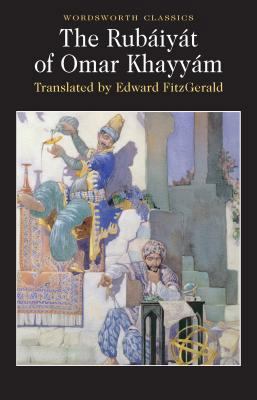
The Rub?iy?t of Omar Khayy?m
In the renowned translation by Edward FitzGerald, with an introduction by Professor Cedric Watts. Here is Edward FitzGerald's original translation of the Rub iy t, the collection of poems attributed to the Persian astronomer and mathematician, Omar...
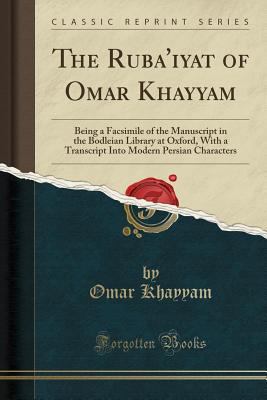
The Ruba'iyat of Omar Khayyam: Being a Facsimil...
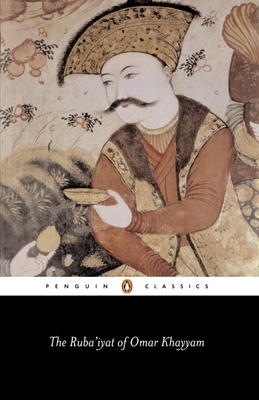
The Ruba'iyat of Omar Khayyam
Philosopher, astronomer and mathematician, Khayyam as a poet possesses a singular originality. His poetry is richly charged with evocative power and offers a view of life characteristic of his stormy times, with striking relevance to the present day. For more than seventy...
![Rubaiyat of Khayyam: In Farsi with English Tran... [Persian] 1547000511 Book Cover](https://i.thriftbooks.com/api/imagehandler/l/EE1EEBB35F59450E2513FB1FAA954852D898734B.jpeg)
Rubaiyat of Khayyam: In Farsi with English Tran... [Persian]
![RUBAIYAT OF OMAR KHAYYAM 1952 ILLUSTRATED By DU... [French] B001FGI6Q8 Book Cover](https://m.media-amazon.com/images/I/51TkEIGT3tL._SL500_.jpg)
RUBAIYAT OF OMAR KHAYYAM 1952 ILLUSTRATED By DU... [French]

Rubáiyát of Omar Khayyám
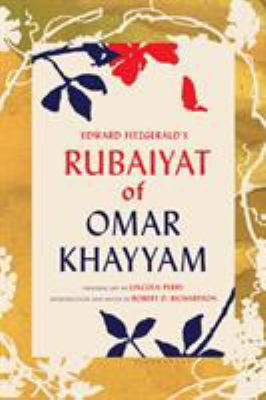
Edward FitzGerald's Rubaiyat of Omar Khayyam : ...
A work of staggering poetic beauty that has inspired the likes of John Ruskin, T. S. Eliot, and Robert Bly, The Rubaiyat of Omar Khayyam was written in eleventh-century Persia and was largely unknown in the West until it was translated into English by Edward FitzGerald in 1859...
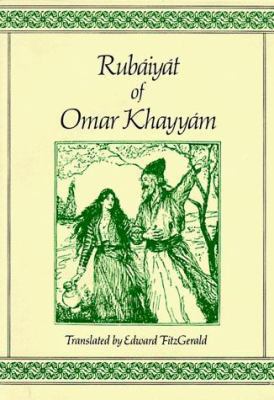
Rubaiyat of Omar Khayyam
In the eleventh century, in Persia, there lived a mathematician named Ghiyathuddin Abulfath Omar bin Ibrahim al-Khayyami--or, Omar, son of Abraham, the tent-maker. Omar wrote poetry, and while his rhymes received little attention in their day, they were rediscovered and translated...
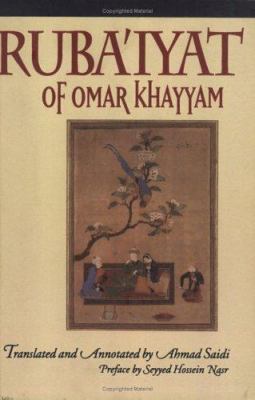
Ruba'iyat of Omar Khayyam

RUBAIYAT OF OMAR KHAYYAM.

Edward Fitzgerald's Rubaiyat of Omar Khayyam: W...
![Rubaiyat [Spanish] 8416192227 Book Cover](https://m.media-amazon.com/images/I/51HzbgdqoFL._SL500_.jpg)
Rubaiyat [Spanish]
The Rub?iy?t of Omar Khayy?m is a lyric poem in quatrains (four-line stanzas). Rather than telling a story with characters, this lyric poem presents the deep feelings and emotions of the poet on subjects such as life, death, love, and religion. Behind Omar Khayyam's outward imagery...
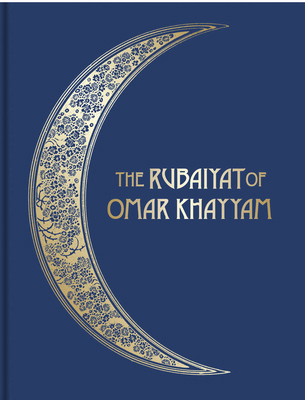
The Rubáiyát of Omar Khayyám: Illustrated Colle...
A book of verses underneath the bough,
A jug of wine, a loaf of bread--and thou. The Rub iy t is one of the most popular poems of all time. A collection of quatrains composed in the eleventh century by Persian poet and philosopher Omar Khayy...
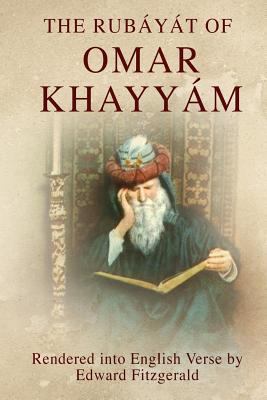
The Rubáyát of Omar Khayyám: (or, Rubaiyat of O...
The Rub iy t of Omar Khayy m is the title that Edward FitzGerald gave to his translation of a selection of poems, originally written in Persian and numbering about a thousand, attributed to Omar Khayy m (1048-1131), a Persian poet, mathematician and astronomer. A ruba'i is a...

The Rubaiyat of Omar Khayam
Some of Omar's Rubaiyat warn us of the danger of Greatness, the instability of Fortune, and while advocating Charity to all Men, recommending us to be too intimate with none. Attar makes Nizam-ulMulk use the very words of his friend Omar [Rub. xxviii.], "When Nizam-ul-Mulk was...



